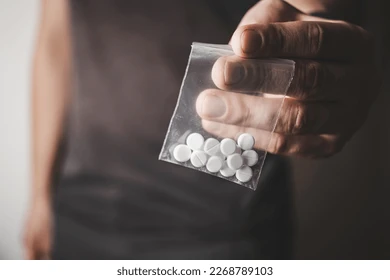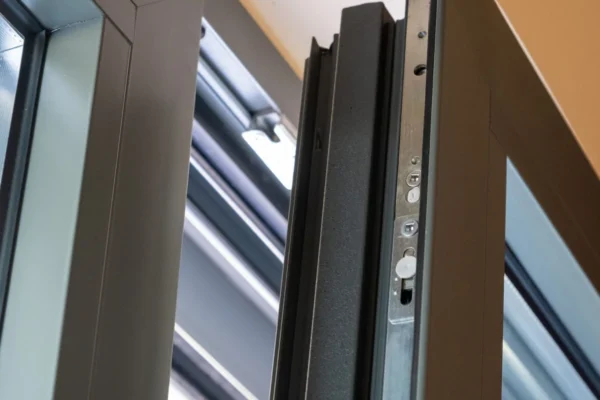LSD (lysergic acid diethylamide) has experienced significant shifts in its societal perception and use since its discovery in the 1940s. Initially explored for its potential therapeutic effects, LSD faced a dramatic decline in mainstream acceptance due to its association with the counterculture movements of the 1960s. However, in recent years, it has seen a resurgence in both cultural interest and scientific study, reigniting discussions about its potential benefits and risks.
The Decline of LSD
LSD was first synthesized in 1938 by Swiss chemist Albert Hofmann, and its psychoactive properties were discovered in 1943. In the early years, LSD gained attention for its potential as a tool in psychotherapy, where it was used to treat conditions like alcoholism, anxiety, and depression. However, its use began to shift dramatically in the 1960s, especially in the United States,If you want to buy Lsd MDMA Online in usa you can contact us Feel free to order at anytime. where it became widely associated with the counterculture movement. Figures like Timothy Leary advocated for its use as a means of expanding consciousness and promoting personal freedom, leading to its widespread recreational use.
This newfound popularity triggered widespread alarm, and in 1965, the U.S. government classified LSD as a Schedule I controlled substance, effectively banning its use. The drug’s association with rebellion, anti-establishment movements, and the psychedelic rock culture contributed to its stigmatization, and research into its therapeutic potential largely ceased for several decades.
The Resurgence of LSD
In recent years, there has been a revival of interest in LSD, driven by renewed scientific research and a growing movement to explore psychedelics for therapeutic purposes. Studies in the 2000s and 2010s have demonstrated that LSD, when used in controlled environments, can have beneficial effects in treating mental health conditions such as depression, anxiety, and PTSD. These studies have sparked a broader reevaluation of the potential benefits of psychedelics, with LSD now being investigated for its therapeutic value in clinical settings.
In conclusion, while LSD experienced a decline in use and acceptance due to its controversial reputation in the 1960s and 1970s, it is now undergoing a resurgence in scientific and cultural spheres. With growing research into its therapeutic potential, LSD’s future may include a more accepted role in modern medicine.



